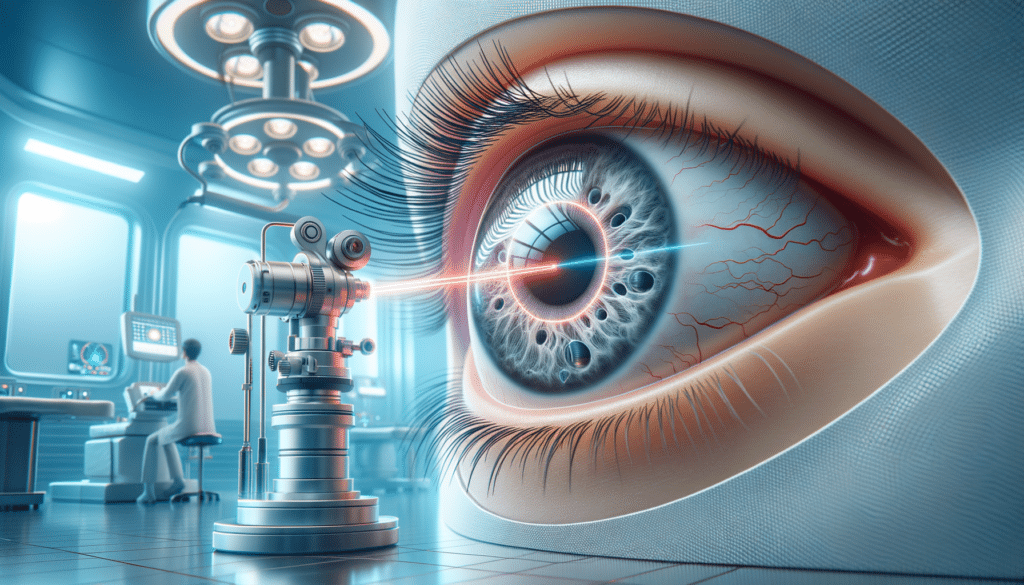Introduction to Alzheimer’s Disease
Alzheimer’s disease is a progressive neurological disorder that primarily affects memory and other crucial cognitive functions. It is the most common cause of dementia, accounting for 60-80% of cases. This condition not only affects the individual diagnosed but also has a profound impact on their families and caregivers. Understanding the signs and available treatment options is essential for managing the disease effectively and improving the quality of life for those affected.
Recognizing the Signs of Alzheimer’s Disease
Identifying the early signs of Alzheimer’s disease can be challenging, as they often mimic normal age-related changes. However, there are distinct symptoms that differentiate Alzheimer’s from typical aging. These include:
- Memory Loss: Forgetting recently learned information is one of the most common early signs.
- Difficulty in Planning or Solving Problems: Struggling with tasks that require concentration, such as following a recipe or managing finances.
- Confusion with Time or Place: Losing track of dates, seasons, and the passage of time.
- Misplacing Things: Placing items in unusual places and being unable to retrace steps to find them.
- Changes in Mood and Personality: Experiencing mood swings, anxiety, or becoming easily upset in unfamiliar situations.
Recognizing these signs early can lead to timely medical intervention, which is crucial for managing the disease’s progression.
Diagnosis and Medical Evaluation
The diagnosis of Alzheimer’s disease involves a comprehensive medical evaluation, including a detailed medical history, physical examination, and cognitive testing. Doctors may also use brain imaging techniques such as MRI or CT scans to rule out other conditions. Biomarker tests, which measure specific proteins in the blood or cerebrospinal fluid, are becoming increasingly important in diagnosing Alzheimer’s with greater accuracy. Early and accurate diagnosis can help in planning and managing the disease more effectively.
Treatment and Management Options
While there is currently no cure for Alzheimer’s disease, several treatment options can help manage symptoms and improve quality of life. These include:
- Medications: Drugs such as cholinesterase inhibitors and memantine can help manage cognitive symptoms.
- Therapies: Cognitive stimulation therapy and occupational therapy can enhance cognitive function and daily living skills.
- Lifestyle Changes: Regular physical activity, a balanced diet, and social engagement can support brain health and slow progression.
Combining these approaches with supportive care from healthcare professionals and caregivers can make a significant difference in managing Alzheimer’s disease.
Support for Caregivers and Families
Caring for someone with Alzheimer’s disease can be emotionally and physically challenging. Support for caregivers is vital to ensure they can provide the best care while maintaining their well-being. Resources such as support groups, respite care, and educational programs can offer valuable assistance. Additionally, developing a care plan and seeking professional guidance can help families navigate the complexities of Alzheimer’s care.
Conclusion
Alzheimer’s disease is a challenging condition that requires a comprehensive approach to care and management. By recognizing the signs early, seeking accurate diagnosis, and exploring various treatment and support options, individuals and families can better cope with the disease’s impact. Continuous research and advancements in medical science offer hope for more effective treatments and, ultimately, a cure in the future.





